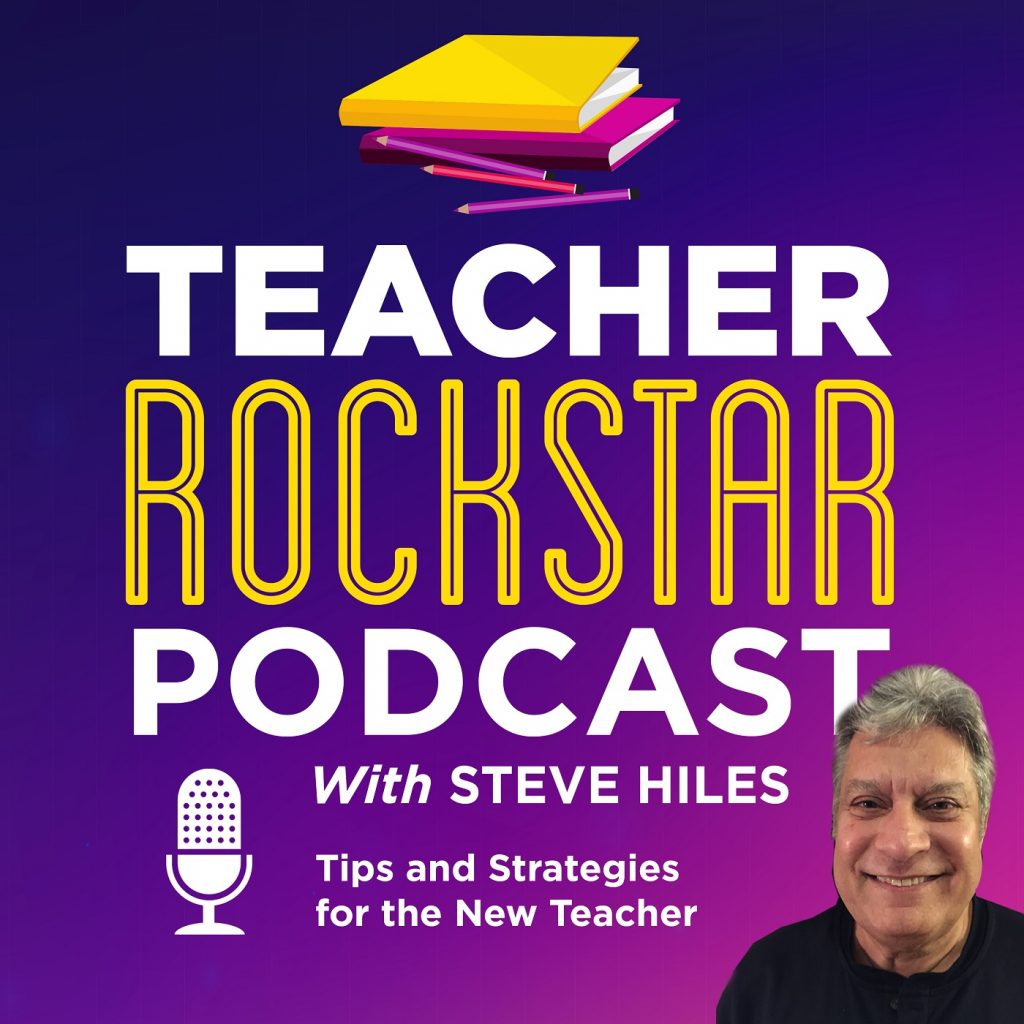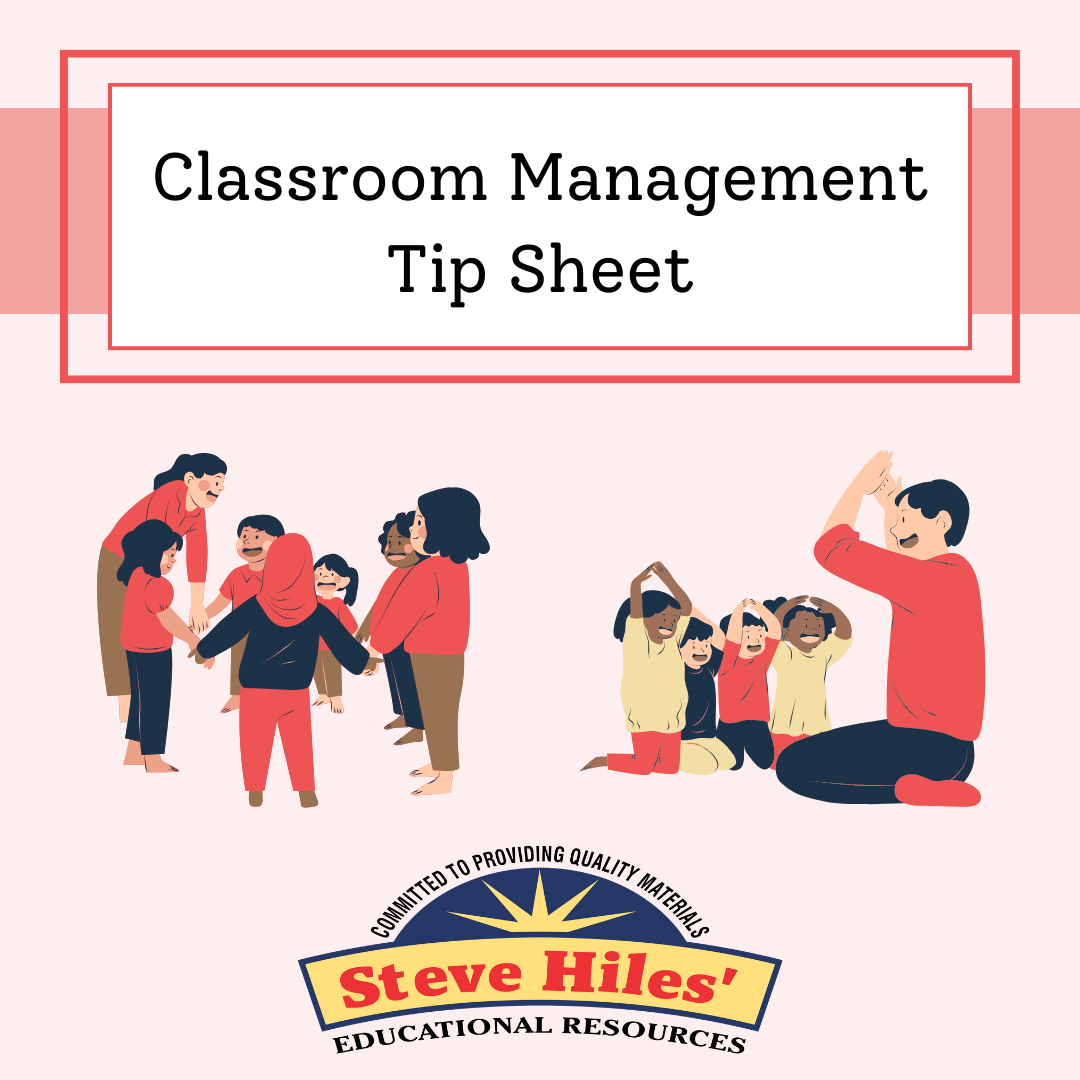Table of Contents
ToggleWhat is a Scientific Practice?
Simply put a scientific practice is a behavior. Often times you will hear the word “inquiry” attached to science with the intent to promote critical thinking and ingenuity. However, when you take a closer look at what is being taught to the children, it is more about the facts and skills instead of behaviors.
A scientific practice is a behavior that scientists use to seek and explain answers to questions they have about the world around them. By focusing on these behaviors you are enabling children to relate scientific ideas to real world situations and apply it in every day life.
What Age Can Scientific Practices Be Taught?
Would you believe me if I told you that these principles can be taught at an early age, as young as birth? I know, sounds crazy right? Its true. By being purposeful in your conversations with children, exposing them to new discoveries, and by facilitating their learning as opposed to always presenting information to them, you are enabling them to become critical scientific thinkers of the future.
Asking Questions and Defining Problems
Children at any age should be able to ask questions about the world around them or about a problem they are trying to solve. As children are presented with environments that foster discovery they will begin to ask about how things work, why objects behave a certain way, and how they can make something behave the way they want it to. Encouraging children to make observations and further their investigations is the base of all scientific learning.
Developing and Using Models
One of the key principles in Reggio Philosophy is that documentation is an integral part of discovery and learning. By making diagrams, drawings, physical replicas, and models children are able to test their predictions and find answers to the questions they initially asked.
Planning and Carrying Out Investigations
At all ages and levels children should be encouraged and have the opportunity to plan and carry out investigations. Investigations can range from teacher driven (to help teach specific skills or to point out a problem) to children driven investigations. Over time, children should learn to become more systematic and methodical in carrying out their investigations and will learn to follow scientific method to find answers.
Analyzing and Interpreting Data
By collecting and analyzing data, scientist are able to make meaning of the information they have collected. Beginning at a young age, this might be seen in pictures, basic graphs and charts; however as children progress this will become more complex analytical data and be represented with range of tools. Learning to analysis and interpret data will enable children to recognize patterns and make decisions based on these findings.
Using Mathematics and Computational Thinking
Math and science are partners in critical thinking. As children observe and collect data, it is imperative for them to learn the computation and mathematical principles associated with gathering their information. This can be through observations, measurement, recording and the processing of data.
Constructing Explanations and Designing Solutions
In both science and engineering, children are expected to learn how to explain their findings and develop solutions to problems that arise during their investigations or engineering. Asking children, at any age to explain their understandings allows them to engage in critical thinking and encourages the development of concrete learning.







